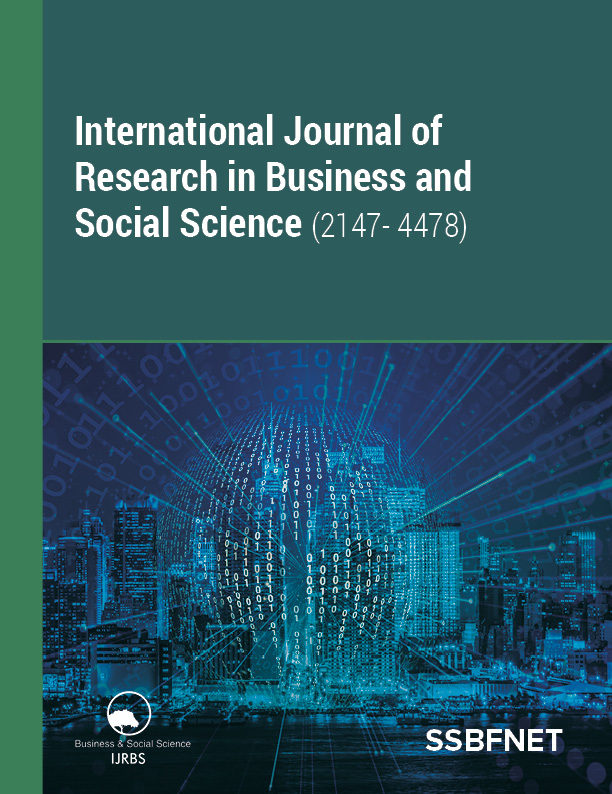
International Journal of Research in Business and Social Science
Yazarlar: Elle Bunyan
Konular:-
Anahtar Kelimeler:Uganda,Street Children,Orphans,Cross,Ultural Research,Social Research,Qualitative Research,Narrative Research,Empowerment,Critical Research,Psychosocial Wellbeing,Critical Hermeneutics
Özet: The deprivation, adversity, and lack of protection for children on the streets of urban Uganda are well known; as is the reality that most of their support is facilitated by Western Missionary operated, non-government organisations (NGOs). However, their approach is problematised as ineffective, oppressive, and colonial. Yet there is a dearth of research from the children’s perspectives, capturing the meaning of such actors’ interventions within their lifeworld’s, and no such literature within the Ugandan context. Therefore, this case study focuses on the ‘Mzungu Phenomenon’, a theme unearthed from critical hermeneutic analyses of the life stories of 30 former street children within an orphanage in Kampala, Uganda. The Mzungu phenomenon refers to the meaning and influence of the Western Missionaries and volunteers that feature within the children’s experiences, captured within their narratives. Underpinned by Ricœur’s narrative philosophy, this study illuminates and problematises the way in which Western NGO actors feature within the children’s lifeworld’s, and the wider ramifications from postcolonial, and postcolonial feminist theoretical perspectives. This includes the perpetuation of colonial legacies, ideologies, and praxis, that contribute to disempowerment for children, their families, and their communities, and the dual oppression of women. Therefore, this piece argues that despite a need to enhance child protection measures in Uganda, the current approaches that do not align with national and international rights-based policies must be further critically examined, challenged, and reformed, to ensure the wellbeing of the children.